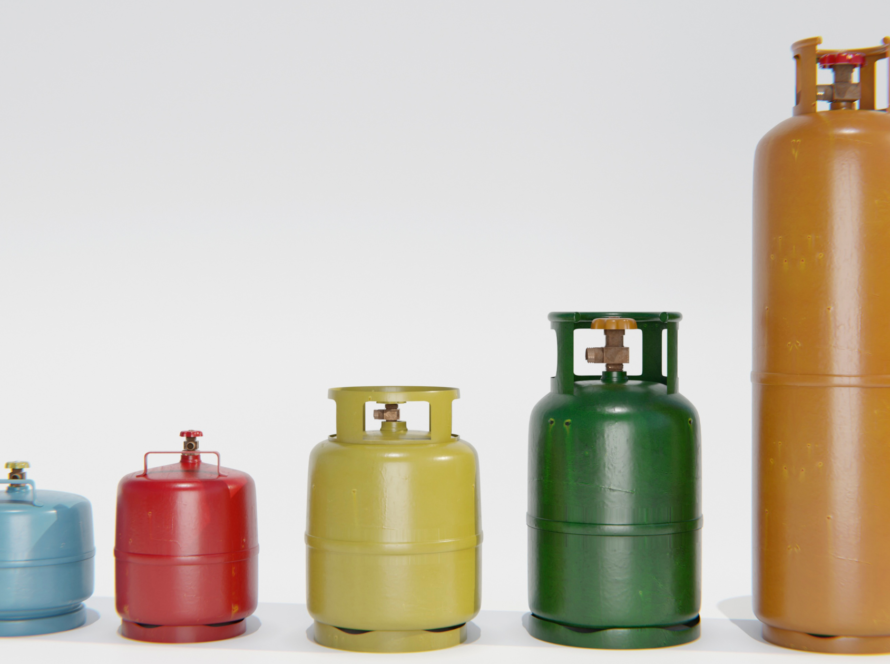The fashion industry is undergoing a significant transformation as sustainability becomes a top priority for brands, consumers, and policymakers. With growing awareness of the environmental and social impacts of fast fashion, the demand for sustainable alternatives is on the rise. From eco-friendly materials to ethical production practices, sustainable fashion is reshaping the industry in remarkable ways. In this article, we explore how sustainable fashion is changing the landscape and what it means for the future of clothing and apparel.
The Environmental Impact of Fast Fashion
Fast fashion has long been associated with excessive waste, pollution, and unethical labor practices. Some of the most pressing environmental concerns include:
- Water Consumption: The fashion industry is one of the largest consumers of water, with textile production requiring vast amounts of freshwater.
- Pollution: Chemical dyes and synthetic fibers contribute to water pollution and microplastic contamination.
- Waste Generation: The rise of disposable clothing has led to massive amounts of textile waste, with millions of tons ending up in landfills each year.
- Carbon Emissions: The production and transportation of garments contribute significantly to global greenhouse gas emissions.
How Sustainable Fashion is Making a Difference
To combat these challenges, the fashion industry is embracing more sustainable practices, including:
- Eco-Friendly Materials
Sustainable brands are turning to organic, recycled, and biodegradable fabrics to reduce their environmental footprint. Some popular options include:
- Organic Cotton: Grown without harmful pesticides or synthetic fertilizers, reducing water and soil contamination.
- Hemp and Bamboo: Highly renewable fibers that require minimal water and pesticides.
- Recycled Fabrics: Materials made from post-consumer waste, such as plastic bottles and discarded textiles.
- Ethical Production Practices
Sustainable fashion emphasizes fair labor practices and ethical sourcing, ensuring that workers receive fair wages and work in safe conditions. Brands are increasingly adopting:
- Fair Trade Certifications: Guaranteeing fair wages and ethical working conditions for garment workers.
- Transparent Supply Chains: Providing visibility into sourcing and production methods to ensure ethical practices.
- Slow Fashion Movement
Unlike fast fashion, which focuses on rapid production and disposable trends, the slow fashion movement promotes:
- Quality Over Quantity: Investing in well-made, timeless pieces that last longer.
- Minimalist Wardrobes: Encouraging consumers to buy fewer, more versatile clothing items.
- Repair and Upcycling: Extending the lifespan of garments through repairs, repurposing, and second-hand shopping.
- Circular Fashion Economy
Sustainable fashion brands are adopting circular economy principles to reduce waste and promote recycling. Key initiatives include:
- Clothing Rental and Resale Platforms: Companies like ThredUp, Rent the Runway, and Depop are making second-hand and rental fashion more accessible.
- Take-Back Programs: Brands offering recycling programs where consumers can return old garments for repurposing.
- Biodegradable and Compostable Clothing: Innovations in fabric technology that ensure garments naturally decompose at the end of their lifecycle.
The Role of Consumers in Driving Change
Consumers play a crucial role in shaping the future of sustainable fashion. By making conscious choices, individuals can:
- Support ethical brands that prioritize sustainability.
- Reduce clothing waste by buying less and opting for durable, versatile pieces.
- Participate in resale and recycling initiatives to extend the life cycle of clothing.
- Educate themselves on sustainable materials and production practices.
Conclusion
Sustainable fashion is no longer a niche trend but a powerful movement transforming the industry for the better. By embracing eco-friendly materials, ethical production, and circular economy principles, brands are reducing their environmental impact and promoting a more responsible approach to fashion. As consumers continue to demand transparency and sustainability, the industry will be pushed toward a greener, more ethical future. The shift to sustainable fashion is not just a trend—it’s a necessary evolution for a healthier planet and a fairer society.



